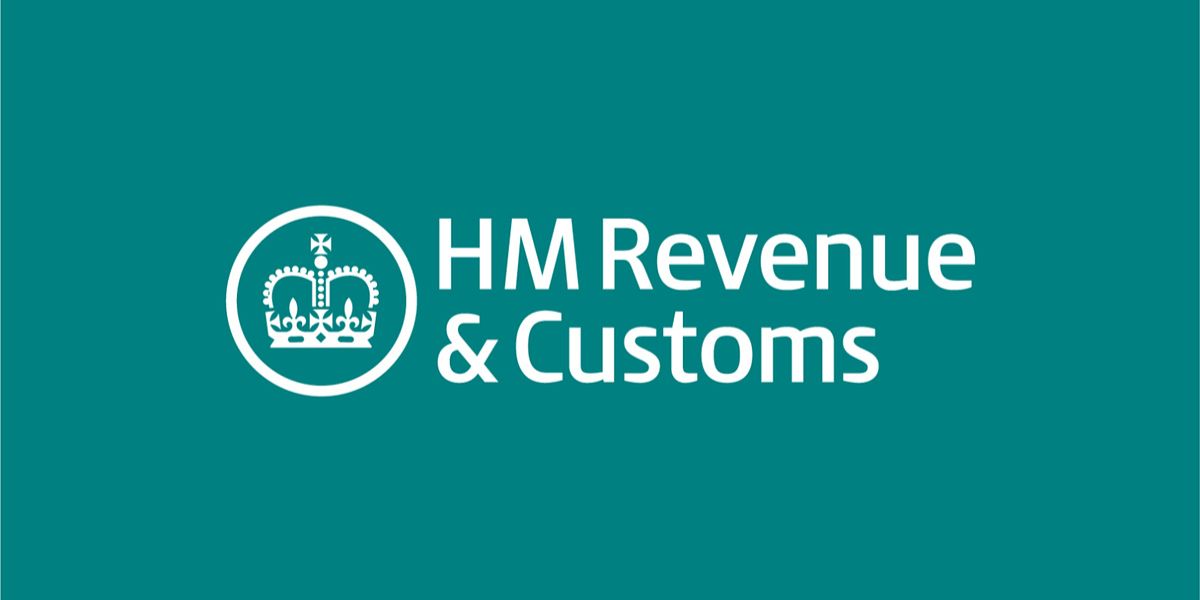Category: Uk direct and indirect taxes
The Importance of Bona Fide Commercial Reason in HMRC Share Reorganisation Clearance
When it comes to share reorganisation and applying for clearance with HMRC (HM Revenue and Customs), it is essential for businesses to have a genuine, commercial reason for their actions. Especially in light of recent tax law changes, having a bona fide purpose (beyond tax savings) is crucial for gaining approval and avoiding issues with tax authorities.
Why Having a Bona Fide Commercial Reason Matters
1. Autumn Budget Changes and Anti-Forestalling Measures
- Before the Autumn Budget, there was a sharp rise in applications for share-for-share exchange clearance and capital gains tax exemptions under Section 169Q.
- However, recent anti-forestalling provisions in the Autumn Budget mean that incomplete contracts for share exchanges are no longer eligible for Section 169Q election benefits, which could have provided capital gains exemptions.
- This change discourages using share exchanges primarily for tax reduction purposes without solid commercial reasoning.
2. Shift to Family Investment Holding Companies
- Following these changes, a new approach has emerged where companies add a family investment holding company above a trading company without making an election.
- This structure aims to benefit from Substantial Shareholding Exemption (SSE) during disposal, which can provide tax benefits for companies with substantial shareholdings in subsidiaries.
- However, using this structure without clear commercial intent can pose anti-avoidance risks and may face scrutiny from HMRC.
3. The Necessity of Bona Fide Commercial Reasons for Clearance
- HMRC requires a genuine business purpose for granting share reorganisation clearance, and tax savings alone do not qualify.
- Common commercial reasons may include:
- Business expansion or restructuring
- Preparing the company for sale
- Securing future investments
4. Risks of Tax-Driven Structures
- With recent changes, share reorganisations primarily aimed at tax savings risk being classified as tax avoidance rather than tax planning, potentially triggering anti-avoidance rules.
- These changes underscore the fine line between legitimate tax planning and tax evasion.
Key Takeaways for Share Reorganisation Planning
- Seek Professional Guidance: Share reorganisations should always be done with the guidance of experienced tax professionals. Complex rules and ongoing legislative changes make professional advice essential.
- Evaluate Personal Financial Goals: Restructuring should align with personal and business goals, not just tax savings. Each business and financial situation is unique and should be carefully assessed.
- Stay Aware of HMRC Regulations: HMRC is vigilant about tax restructuring, particularly when it appears to lack clear commercial purpose.
Conclusion: Legitimate Tax Planning Over Tax Evasion
While tax planning is an acceptable and often necessary aspect of business, it must be done transparently and within legal bounds. Share reorganisations for genuine business needs, backed by bona fide commercial reasons, ensure compliance and help businesses avoid potential HMRC penalties or investigations. Following these practices supports both business growth and legitimate tax savings, while safeguarding against risks associated with tax avoidance strategies.
